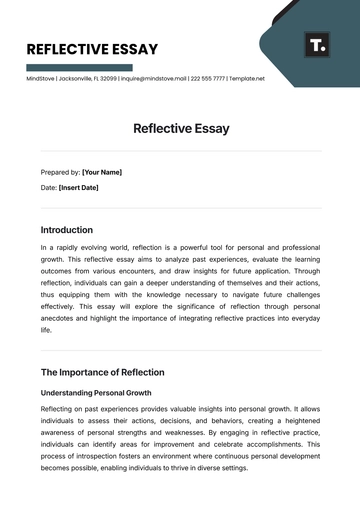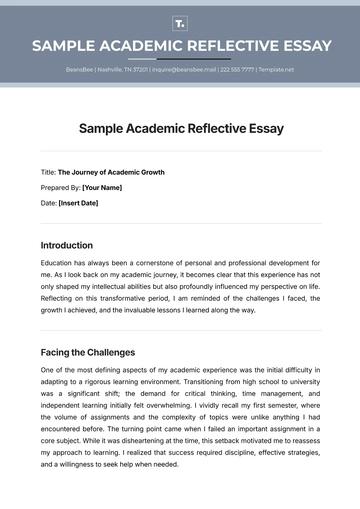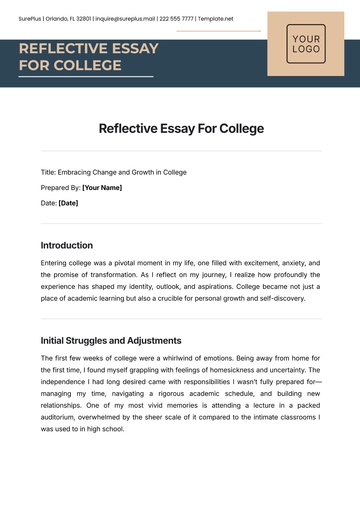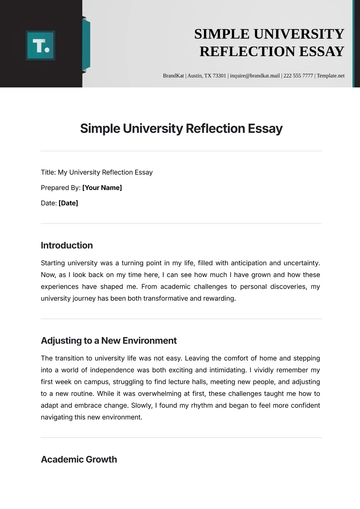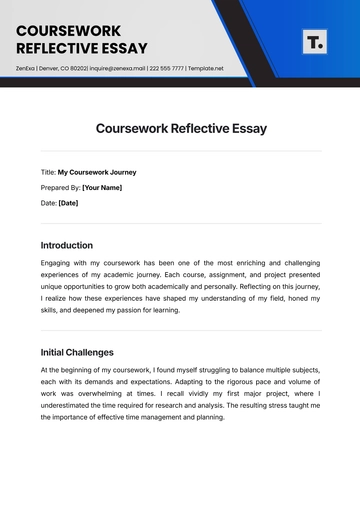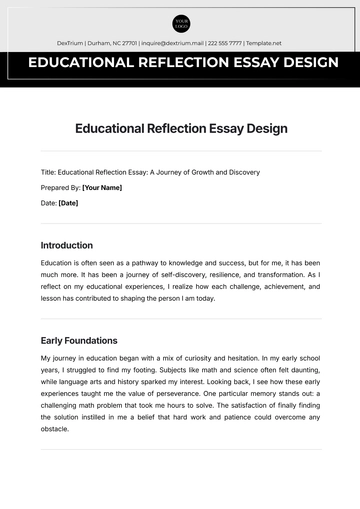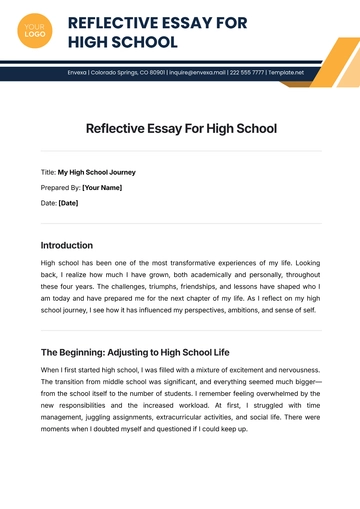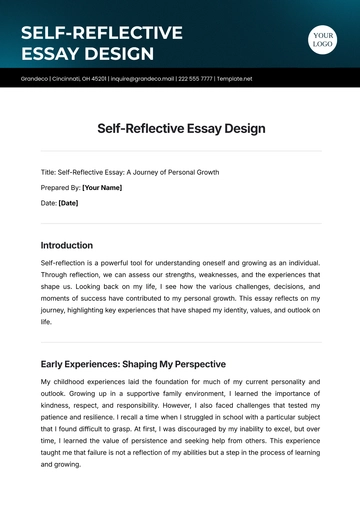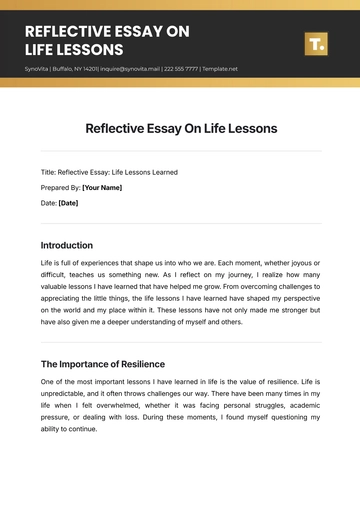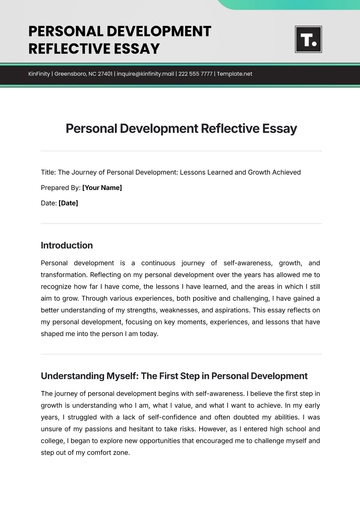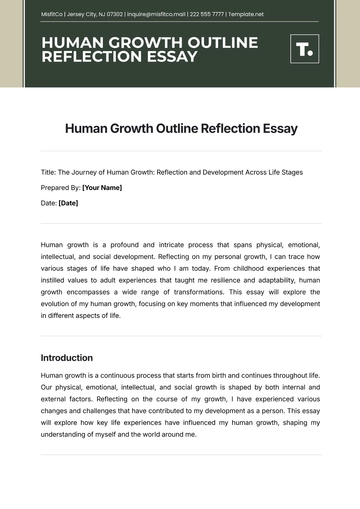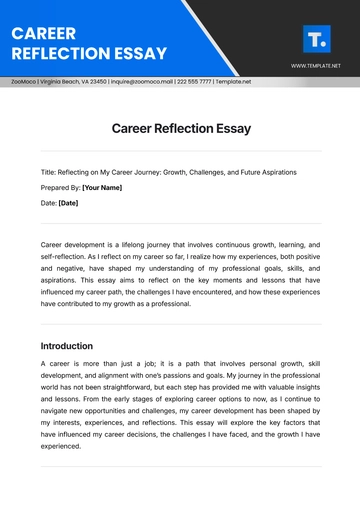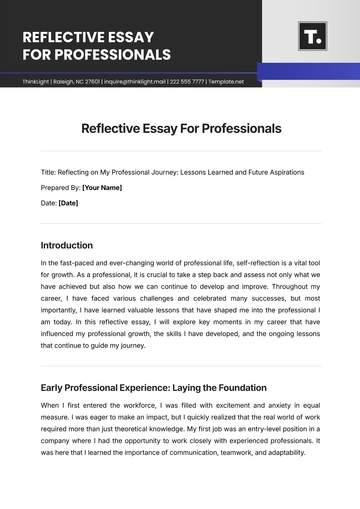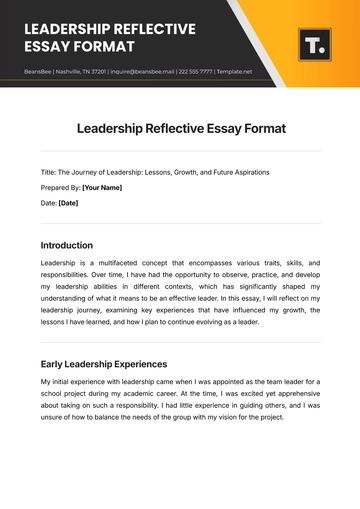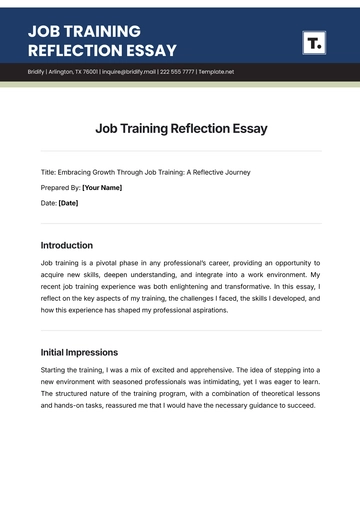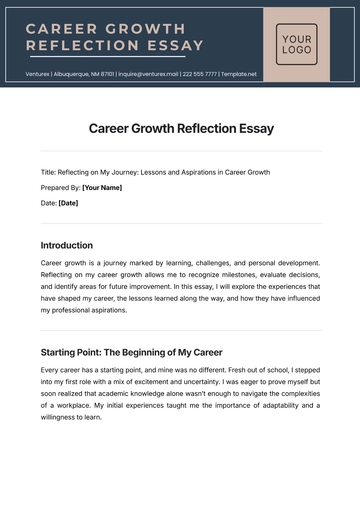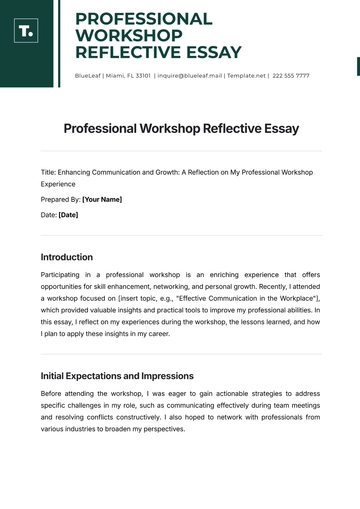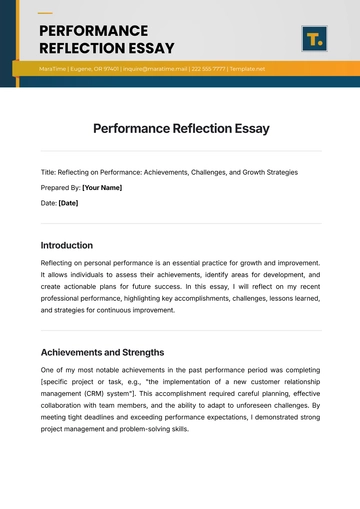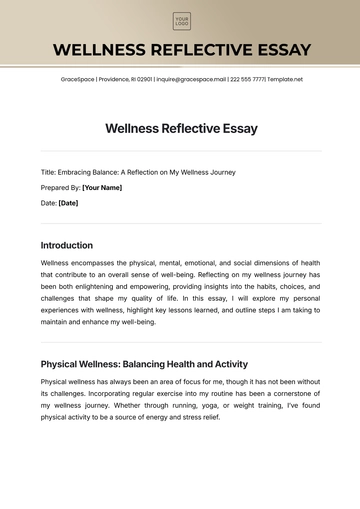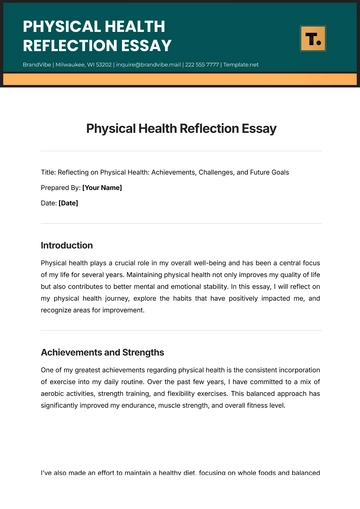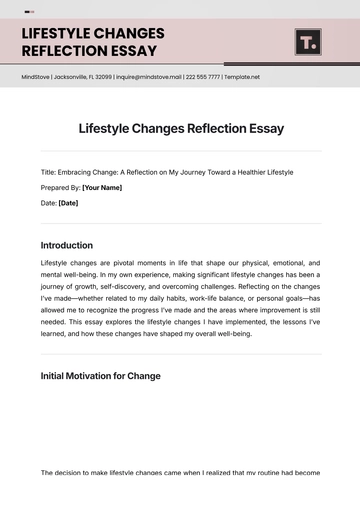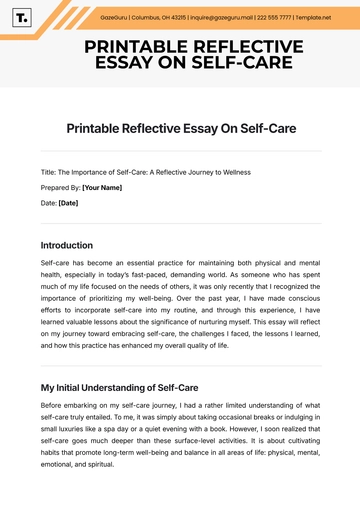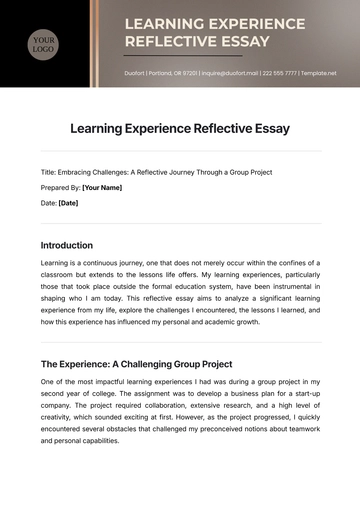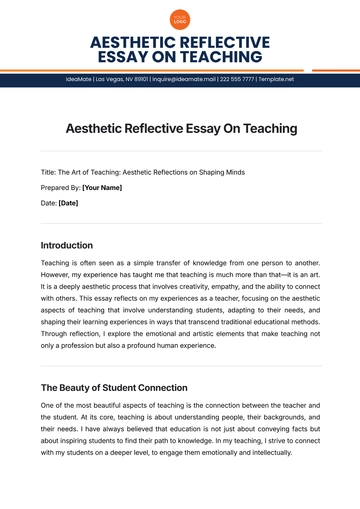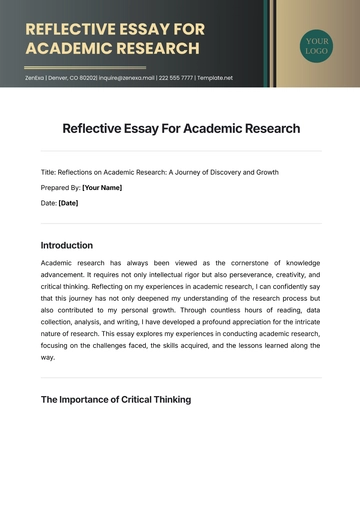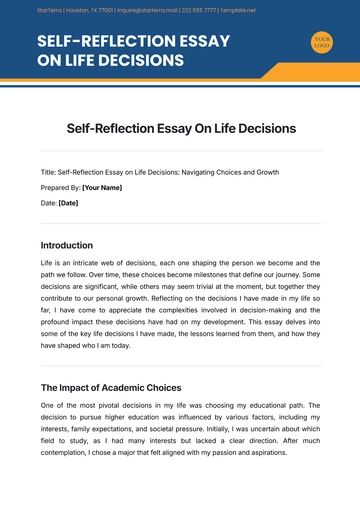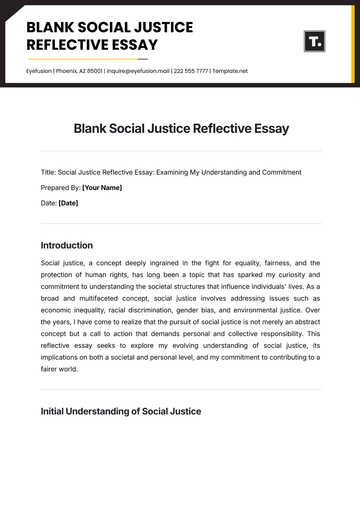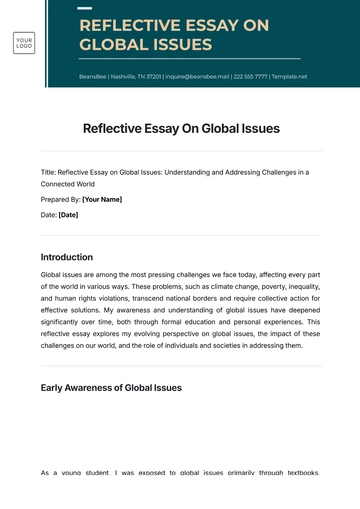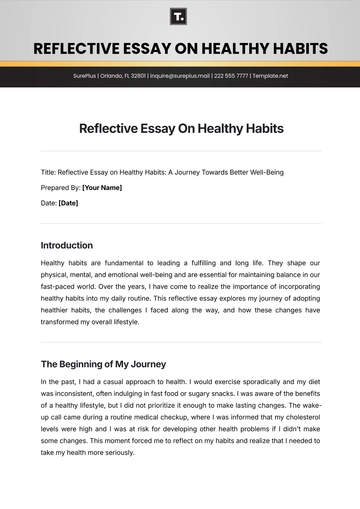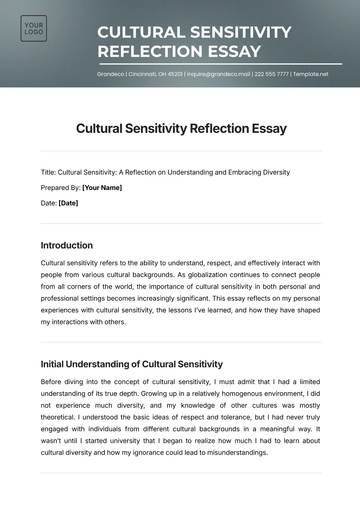Free Expository Essay on Future of Education
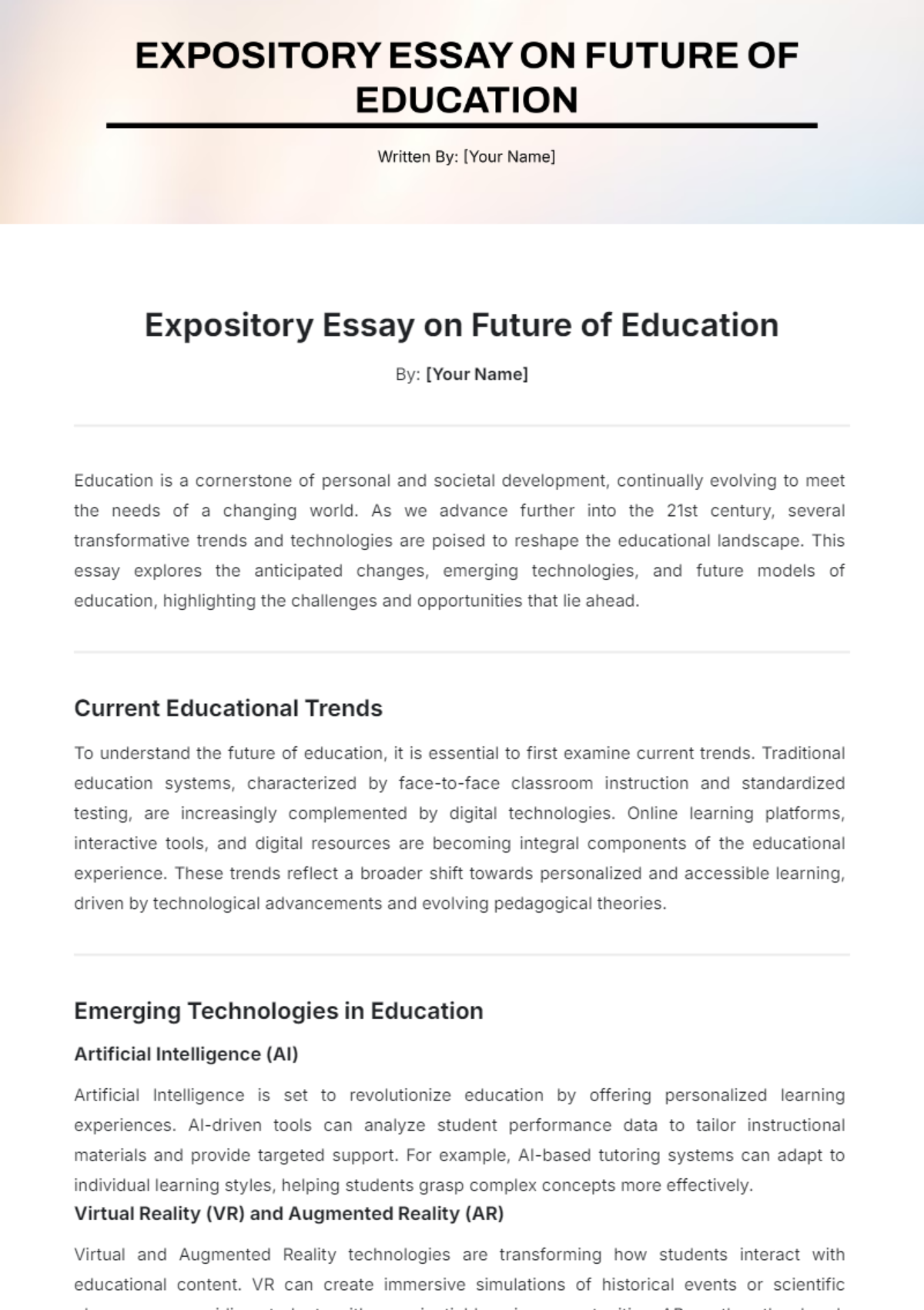
By: [Your Name]
Education is a cornerstone of personal and societal development, continually evolving to meet the needs of a changing world. As we advance further into the 21st century, several transformative trends and technologies are poised to reshape the educational landscape. This essay explores the anticipated changes, emerging technologies, and future models of education, highlighting the challenges and opportunities that lie ahead.
Current Educational Trends
To understand the future of education, it is essential to first examine current trends. Traditional education systems, characterized by face-to-face classroom instruction and standardized testing, are increasingly complemented by digital technologies. Online learning platforms, interactive tools, and digital resources are becoming integral components of the educational experience. These trends reflect a broader shift towards personalized and accessible learning, driven by technological advancements and evolving pedagogical theories.
Emerging Technologies in Education
Artificial Intelligence (AI)
Artificial Intelligence is set to revolutionize education by offering personalized learning experiences. AI-driven tools can analyze student performance data to tailor instructional materials and provide targeted support. For example, AI-based tutoring systems can adapt to individual learning styles, helping students grasp complex concepts more effectively.
Virtual Reality (VR) and Augmented Reality (AR)
Virtual and Augmented Reality technologies are transforming how students interact with educational content. VR can create immersive simulations of historical events or scientific phenomena, providing students with experiential learning opportunities. AR, on the other hand, enhances real-world environments with digital overlays, making abstract concepts more tangible and engaging.
Online and Hybrid Learning Models
The rise of online and hybrid learning models reflects a shift towards flexible and accessible education. Online courses and programs offer students the ability to learn at their own pace and from any location, while hybrid models combine online and face-to-face instruction. These models cater to diverse learning needs and preferences, making education more inclusive and adaptable.
Predictions for Future Educational Models
Personalized Learning
Future educational models are likely to emphasize personalized learning, where instruction is tailored to each student's unique needs and abilities. Advanced data analytics and adaptive learning technologies will enable educators to provide customized support, helping students achieve their full potential.
Competency-Based Education
Competency-based education, which focuses on mastering specific skills and knowledge rather than completing a set number of hours, is expected to gain prominence. This model allows students to progress at their own pace, demonstrating their competencies through assessments and practical applications.
Lifelong Learning and Skill Development
As the job market evolves and technology continues to advance, lifelong learning and skill development will become increasingly important. Future education systems will need to provide opportunities for continuous learning, enabling individuals to acquire new skills and adapt to changing career demands.
Challenges and Opportunities
Digital Divide
One of the significant challenges of future education is addressing the digital divide. While technology has the potential to enhance learning, access to digital resources and tools remains uneven across different regions and socioeconomic groups. Ensuring equitable access to technology is crucial for maximizing the benefits of educational innovations.
Data Privacy and Security
As educational technologies collect and analyze student data, concerns about privacy and security arise. Protecting sensitive information and ensuring that data is used ethically will be essential for maintaining trust in digital educational tools.
Teacher Training and Support
The integration of new technologies and pedagogical models requires ongoing teacher training and support. Educators will need to develop new skills and adapt to evolving teaching methods to effectively utilize emerging tools and technologies.
The future of education is poised for significant transformation, driven by advancements in technology and evolving pedagogical approaches. Emerging technologies such as AI, VR, and AR are set to enhance learning experiences, while personalized and competency-based education models offer new opportunities for student success. However, addressing challenges such as the digital divide, data privacy, and teacher training will be crucial for realizing the full potential of these innovations. By embracing these changes and addressing associated challenges, the education system can adapt to the needs of a rapidly changing world and prepare students for the future.
- 100% Customizable, free editor
- Access 1 Million+ Templates, photo’s & graphics
- Download or share as a template
- Click and replace photos, graphics, text, backgrounds
- Resize, crop, AI write & more
- Access advanced editor
The Expository Essay on Future of Education Template from Template.net is fully editable and customizable, perfect for creating insightful essays on evolving educational trends. With a professional layout, this template helps you organize and present ideas clearly, making it easy to adapt for any style or academic requirement. Ideal for students, educators, and researchers, it offers flexibility while maintaining a polished and engaging structure.
